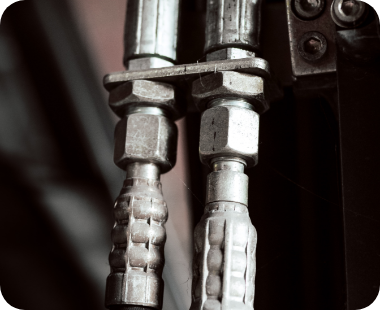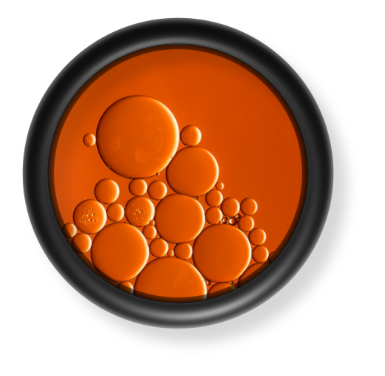
Trade Names: Texin (Miles Chemical), Cyanaprene (American Cyanamid), Adiprene (Uniroyal), Pellethane (Dow Chemical)
Urethane, also known as Polyurethane, is a great material that can take a punch. Urethane has great physical durability and unique physical properties that are driven by its structural bonds. This material is made up of a combination of soft poly segments and tough isocyanate segments which allows a flexible and durable elastomer. Polyurethane has two main types that have unique benefits but carry the same physical strength as urethane. Polyester Urethane is the most common variety of urethane and has great resistance to hydrocarbons and hydraulic oils but can be damaged by hydrolysis. Polyether is also great with fuel and oil but is also resistant to being damaged by hydrolysis and can function at lower temperatures.


Durability
Urethane is one of the strongest elastomers and can withstand plenty of abuse. This material has tensile strength and is abrasion-resistant. It boasts many advantages and being able to withstand ozone, weathering, chemicals, and high pressure sealing situations.
Hydraulic Fluids & Oils
Urethane has the ability to be used in many places however, it has one of the best resistances in hydraulic fluids, oils, fuels, and many different hydrocarbons. This material is a must when it comes to sealing high-pressure hydraulic systems.


Strong Acids
Despite urethane having great properties, there are certain applications urethane isn’t preferred for. Due to its chemical makeup, urethane has a low resistance to most strong chemicals such as Acetic Acid and Acrylic Acid. If you are looking to seal acids, EDPM (Ethylene Propylene) would be one of the best materials to use.











 +1 800-888-5223
+1 800-888-5223



.png)